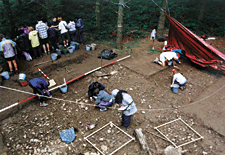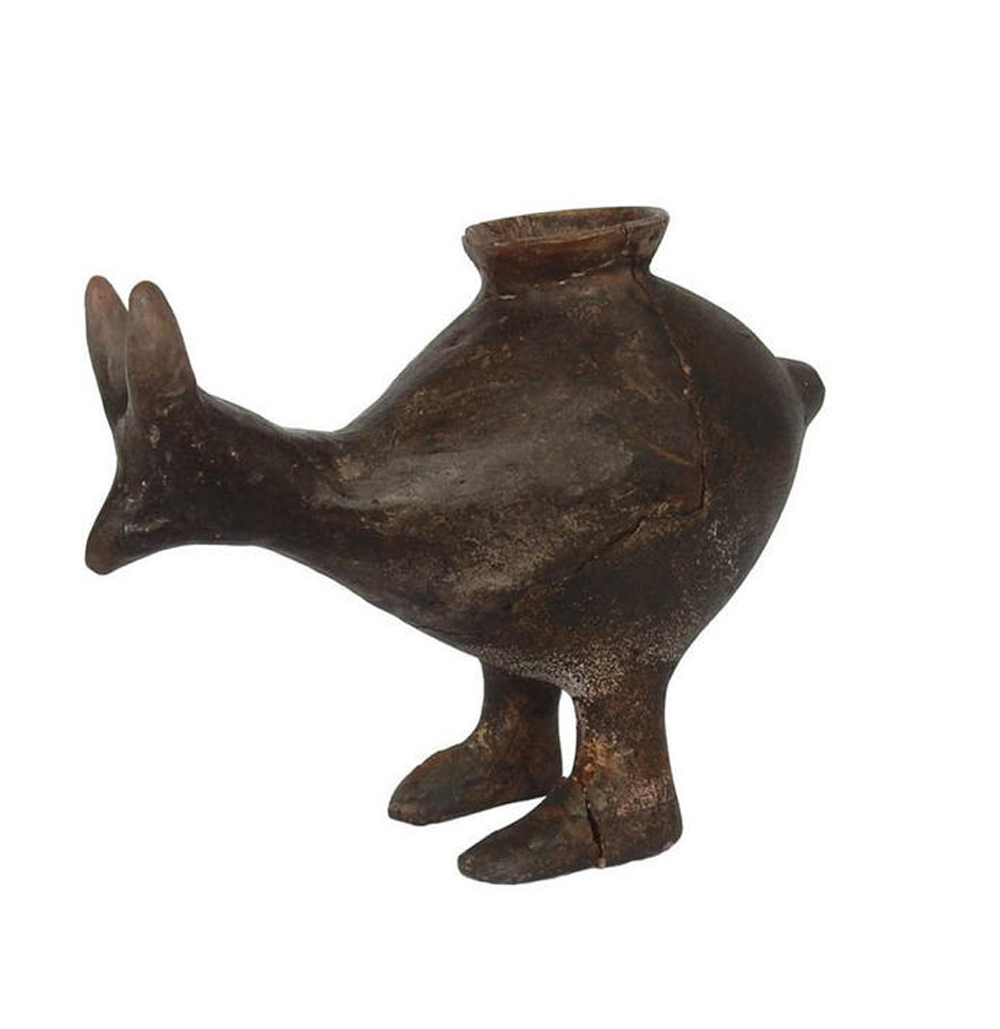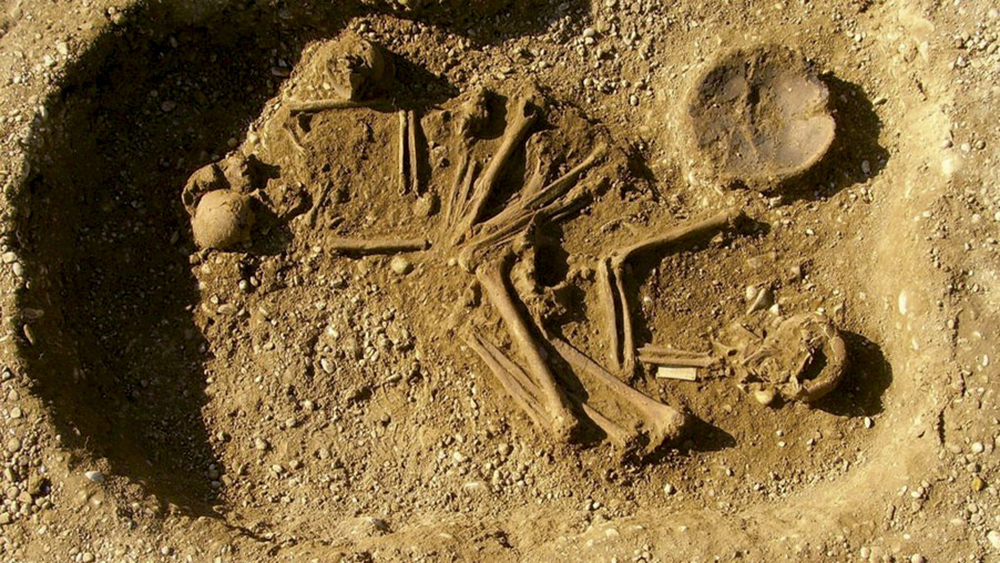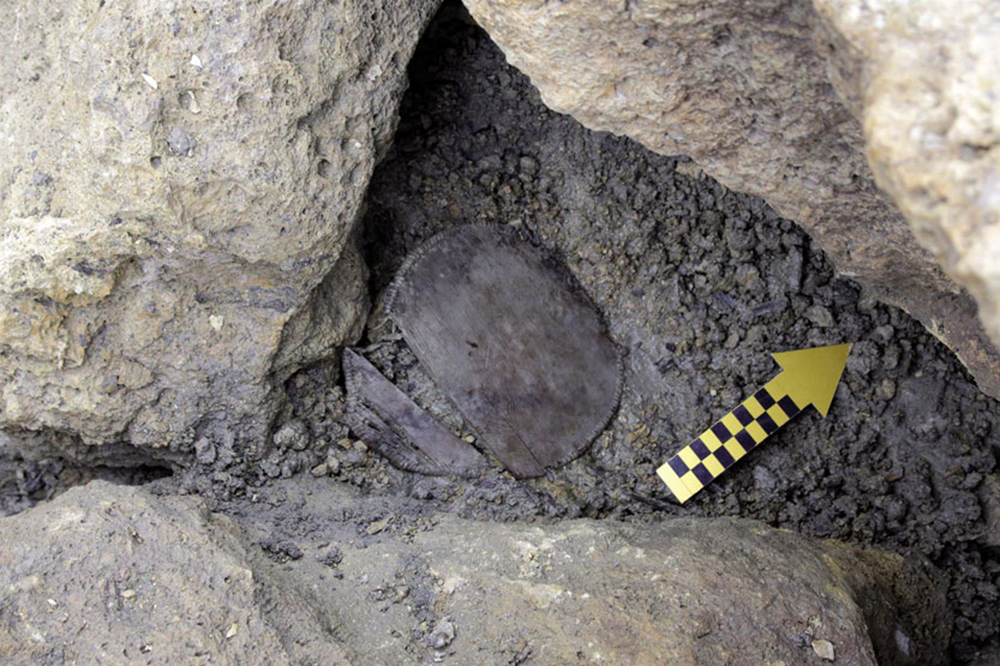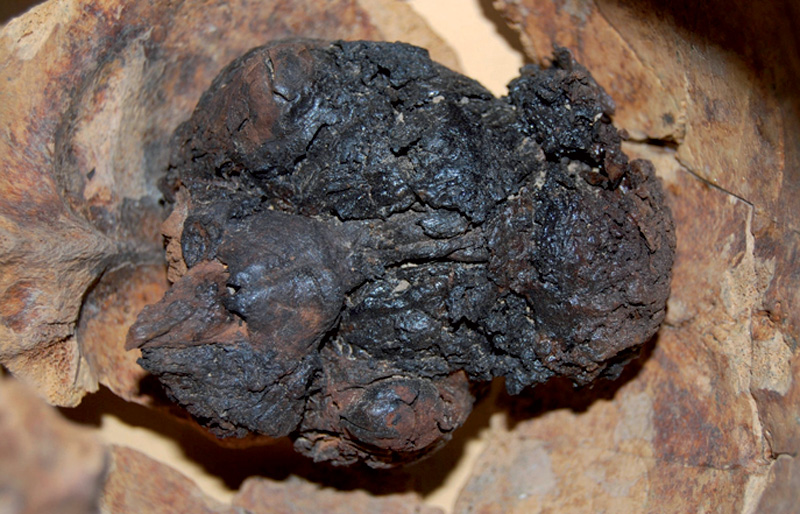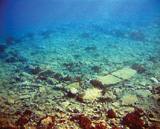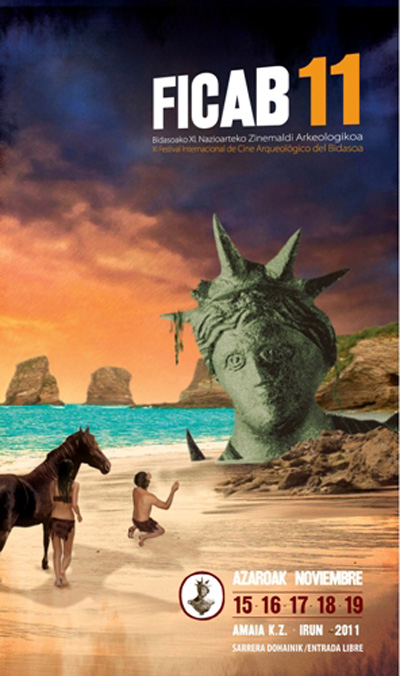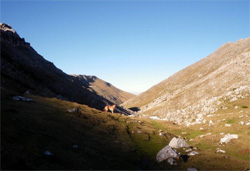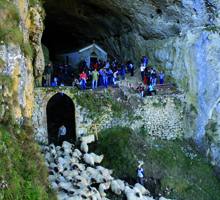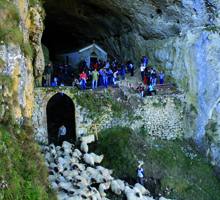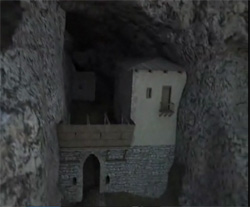4,000 years of submerged city
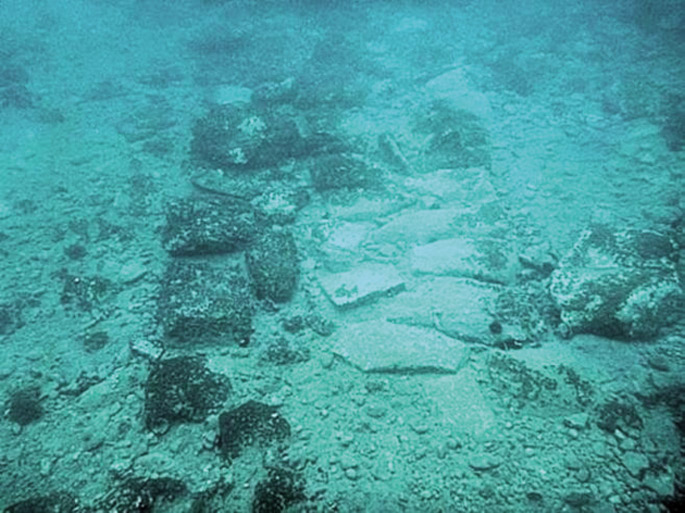
Researchers from the University of Geneva, the Swiss School of Archaeology and the Greek Antiquities Section have discovered a city of the Bronze Age in the Aegean Sea. In the 15th century a. Around the years 2000-3000 it is believed that the city was of great importance, based on the size of the site and the spectacular protection elements found and the solid walls (in the photo). “So far no protective structure has been found in Greece at that time,” explains Julien Beck, a member of the University of Geneva. The size of the city is still unknown and at the moment 1.2 hectares have been analyzed - more than two football fields, expressed in the preferred area unit of the media -. The finding will be of great help for a better analysis of the commercial routes of the Bronze Age.
At the Bronze Age site of Seyitömer Höyük (Turkey), several skeletons have been found, as well as brain debris corresponding to them. The finding is important because the preservation of soft tissues is difficult. It is the oldest human remains found to date, dating back more... [+]
Gaur abiatu eta datorren larunbata arte, Bidasoako Nazioarteko Zinemaldi Arkeologikoaren hamaikagarren edizioa egingo dute Irunen. Genero honi buruzko zinemaldi bakarra da Euskal Herrian eta Espainiako Estatuan eta aurten euskal dokumentalak izango dira protagonista. Hala,... [+]
Gipuzkoa eta Araba lotzen dituen San Adriango tunela iraganean pasabide garrantzitsua izan zeneko zantzuak egon arren, orain arte ez zen ikerketa sakonik egin. Denboraren tunela bailitzan, duela 4.000 urteko bizitoki, Erdi Aroko gotorleku edo duela 500 urteko errepideetako... [+]












